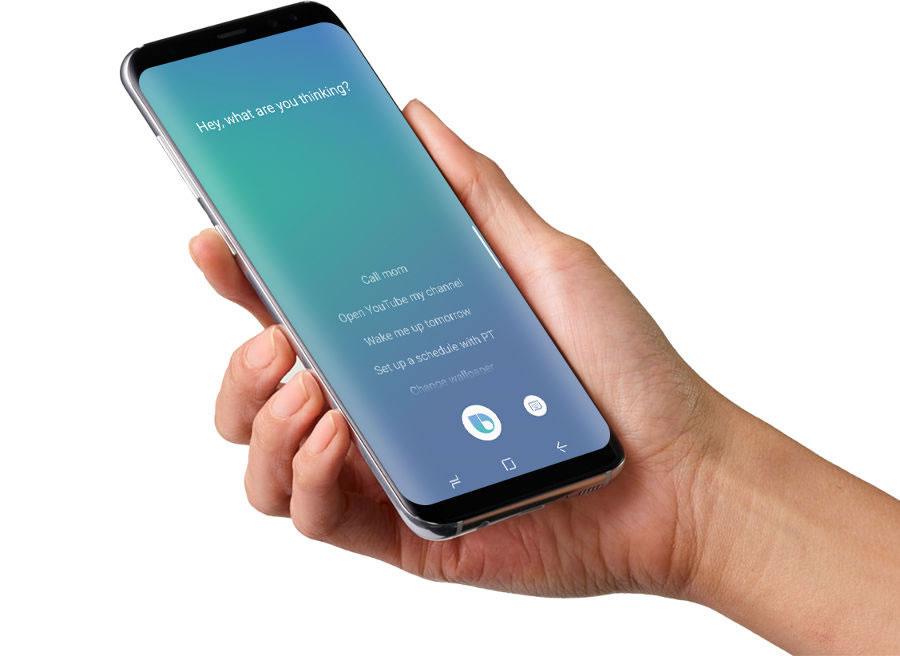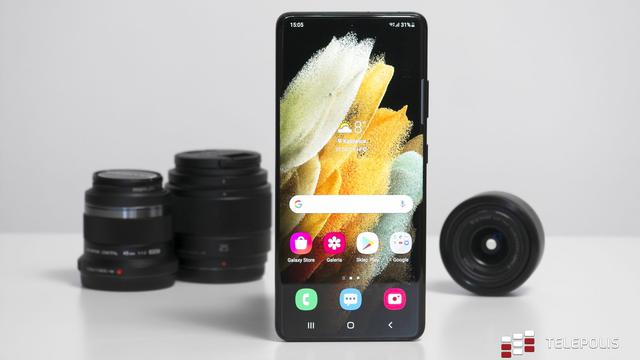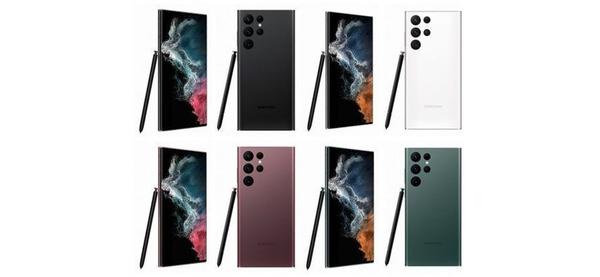The way we control our devices is changing. There used to be only buttons and mice, then we started using our fingers, but now we have a simpler option - voice.
This area is dominated by giants of new technologies in the world, i.e. Apple, Google, Amazon. Recently, Samsung has also joined this group. The voice assistant from Samsung is called Bixby, but recently there have been rumors, confirmed by the company itself, that it is possible to modify and the appearance of a new assistant called Sam. How it will end, we do not know yet, but it shows how much competition continues in the space of artificial intelligence, the task of which is to make human life easier.
What's next for Bixby?
The basic question that arises for all owners of Samsung devices is what's next with Bixby? Bixby is a virtual assistant. It made its debut on the Samsung Galaxy S8 in 2017 and was designed to work with many Samsung products, built into many other devices, such as refrigerators and TVs.
You can use it to send text messages, get personalized weather information, appointment reminders, news articles, and more. Bixby can learn individual voices so it can personalize responses depending on who's asking. The application can learn the habits of its host and other household members and provide various answers ideally suited to the selected personality type.
In the meantime, many updates have been made to make this assistant even more usable. Samsung certainly does not seem eager to abandon Bixby altogether by doing a major UI update late last year. The arrival of the assistant Sam makes the rumor that Samsung planned to make Google Assistant the default voice assistant for its phones even less likely.
What is the future of voice assistants
Machine learning and artificial intelligence have a huge impact on almost every industry. The e-commerce market in particular has been radically changed by AI-assisted voice assistants. The voice interface is also developing rapidly in the banking and healthcare industry to meet the demands of modern consumers. What can we expect in the future and where is the voice assistant segment heading? Young consumers are driving the transition to AI-powered voice assistants. The significant adoption of AI is fueling the shift to voice applications. In addition, IoT devices such as thermostats, speakers and smart devices make voice assistants more and more useful in everyday life of users. Check out some of our insights on what may happen in the future and in which direction the development of voice assistants may go:

Improve your interaction with your assistant even further
Google and Amazon recently announced that their voice assistants will stop requiring the user to say "wake up" words such as "Alexa" or "Google" to start a conversation. This new feature makes the interaction with these assistants more natural for users, not to mention much more convenient. It is also expected that such devices will have a better understanding of the contextual factors that will make conversations more effective.
Significant increase in purchases with the use of voice assistants
Statistics show an unprecedented increase in voice searches on mobile devices. Which significantly translates into the number of purchases that are made with the help of virtual assistants. It may seem strange at this point, but in the near future there will be new professions focused on sales driven by voice assistants.
New applications
While some doubts arose a few years ago, today no one should be surprised if in the near future voice assistants will appear in completely new industries in which today they do not exist yet. One of the main places that immediately appears on our lips is school and the use of robots for scientific purposes. Other industries, such as gambling, for example, can also significantly diversify their solutions, opting for artificial intelligence. Casinos, such as GGBet PL, in a fairly short time, can significantly change the way they operate and interact with the customer.
Deepening compatibility
The wide range of products is likely to integrate voice assistants in the near future. Samsung has already started it with the launch of refrigerators, TVs, vacuum cleaners etc. these products will arrive on a linear basis in the near future. This will open up completely new possibilities and applications that are not yet known today. Google also recently introduced a new product called Google Assistant Connect, which enables manufacturers to build custom devices integrated with the technology.
Security
It goes without saying that the majority of users using voice assistants are concerned about their safety. This is a huge milestone that manufacturers around the world have to solve. There is more and more information about wiretaps or the use of webcams for things in which they should not be used. Today we do not have solutions that our voice assistant does not redirect sounds from the environment to someone else, in other words, we cannot be sure if we are simply not being eavesdropped on at a given moment. Of course, new certificates or security audits are created, but it is not something that consumers are waiting for.
Summary
In the coming years, voice technology will become increasingly available to developers. Companies introduce more and more technological facilities to the market and support the development of new applications. With all these advances in voice and artificial intelligence technology, businesses need to start learning how to make the most of these technologies to improve customer interactions. Without a doubt, the near future promises to be exciting in terms of the development of artificial intelligence and the increasing interference of robots in our lives.


